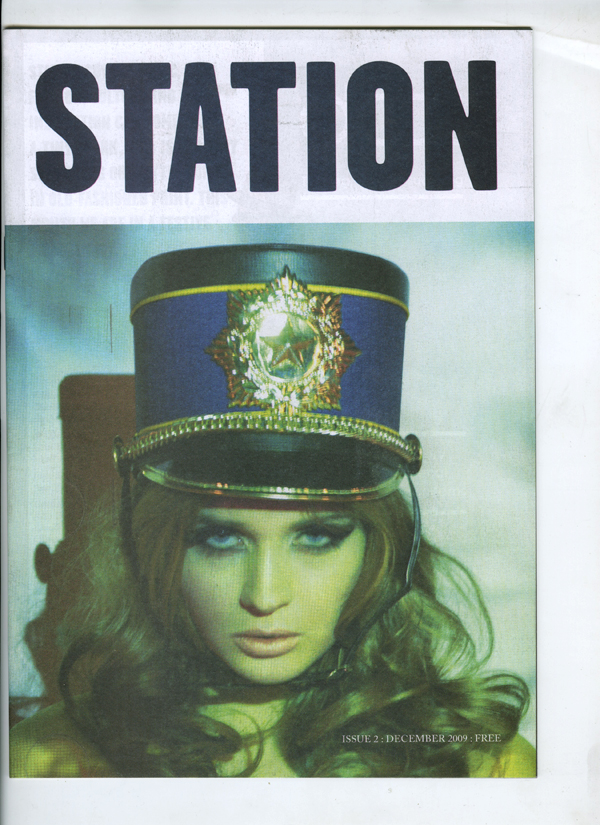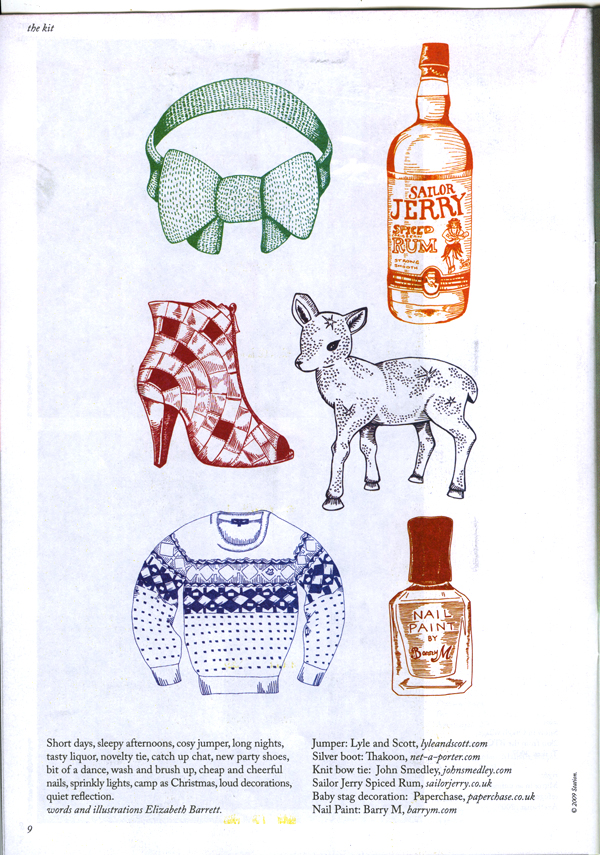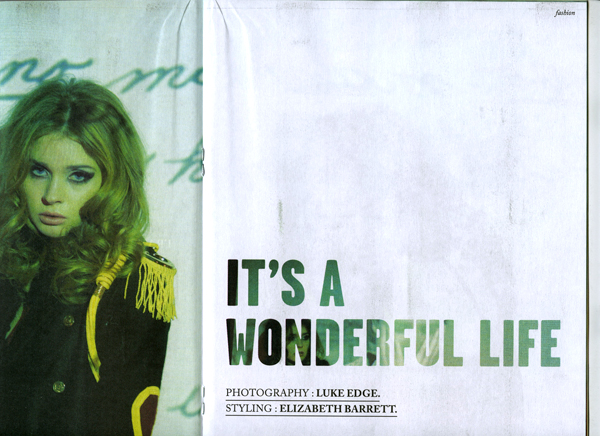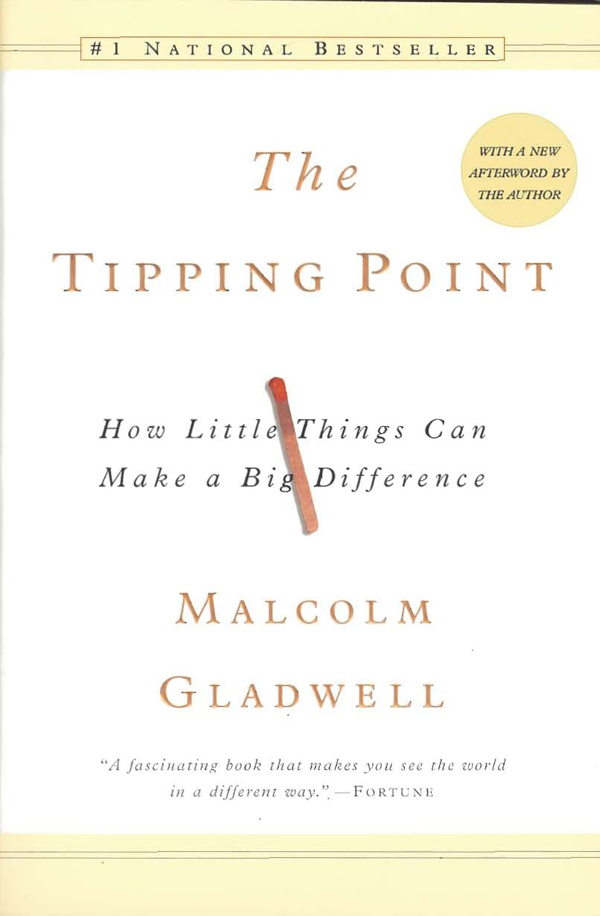Picked this up free in a newsagents in Shoreditch- was really struck at how good it was- I particularly like the illustrated fashion/object page- can't afford the 'in' things- don't worry just draw them- and also really liked the projecting onto the fashion model- lovely stuff. The people involved can be found here........ & here........



Brutalism
I recently read this great article over on Design Assembly about brutalist/70's/modernist/ugly architecture. It seems very hit and miss to me as to whether this type of building works- as the article says the Southbank Centre and Hayward etc. was criticised to fuck but now with a revamp- it's one of my favourite buildings in London. And again Trellick Tower round the corner from Portabello Road Markets is stunning to look at but I'm not sure I'd want to live there- not so however with the Barbican buildings- I love them, it feels like a hidden architectural paradise in the middle of the city; it's so quite especially if you go to the sort of little green house part- they have fish and tropical plants and it's a great place to eat your lunch. Read the article, see the pictures.

The Tipping Point
Was handed this book by Matt Wade of Kin after a short conversation on the 80- 20 split of time at work (eighty per cent doing 'real' work and the other twenty on self initiated or side projects.) The book talks about that stuff but goes more into epidemics and trends and why things may or not happen. I found two sections of particular interest: the chapters about context and the environments effects on us. The example given was graffiti covered train carriages being a breading ground for crime but that a nice one isn't so much. And went on to talk about how a person might be said to be gentle or generous, but that this was not true in all situations and that everyone's attributes are entirely contextual and that human character isn't quite what we perceive it to be- i.e. not stable or as polar as we think. The other cool but was one of the main concerns f the book as to the types of people involved in an epidemic- connectors, mavens (people who collect and distribute information) and salesmen- I thought it was interesting to analyse why trends and particularly messages get communicated effectively (or not) and to what extent the sort of science behind these things can be applied to help a communication of one sort or another get across. I think it's a valuable resource book and super quick to read (it's written that way- lots of repetition etc.) but worth a read if you're stuck for lit. I think it's one of those books that is well researched so they feel they've got to get it all down (and the repetition does grate a little after a bit) but that maybe a sort of bullet point version would be a more useful thing. A super quick glance would refresh you and you can remember all the examples that were given. Oh hang on- link: wikipedia someone kinda did that. give that a read then. yeah?.
